EFF’s apparent U-turn on pan-Africanism raises questions about its stance on immigrants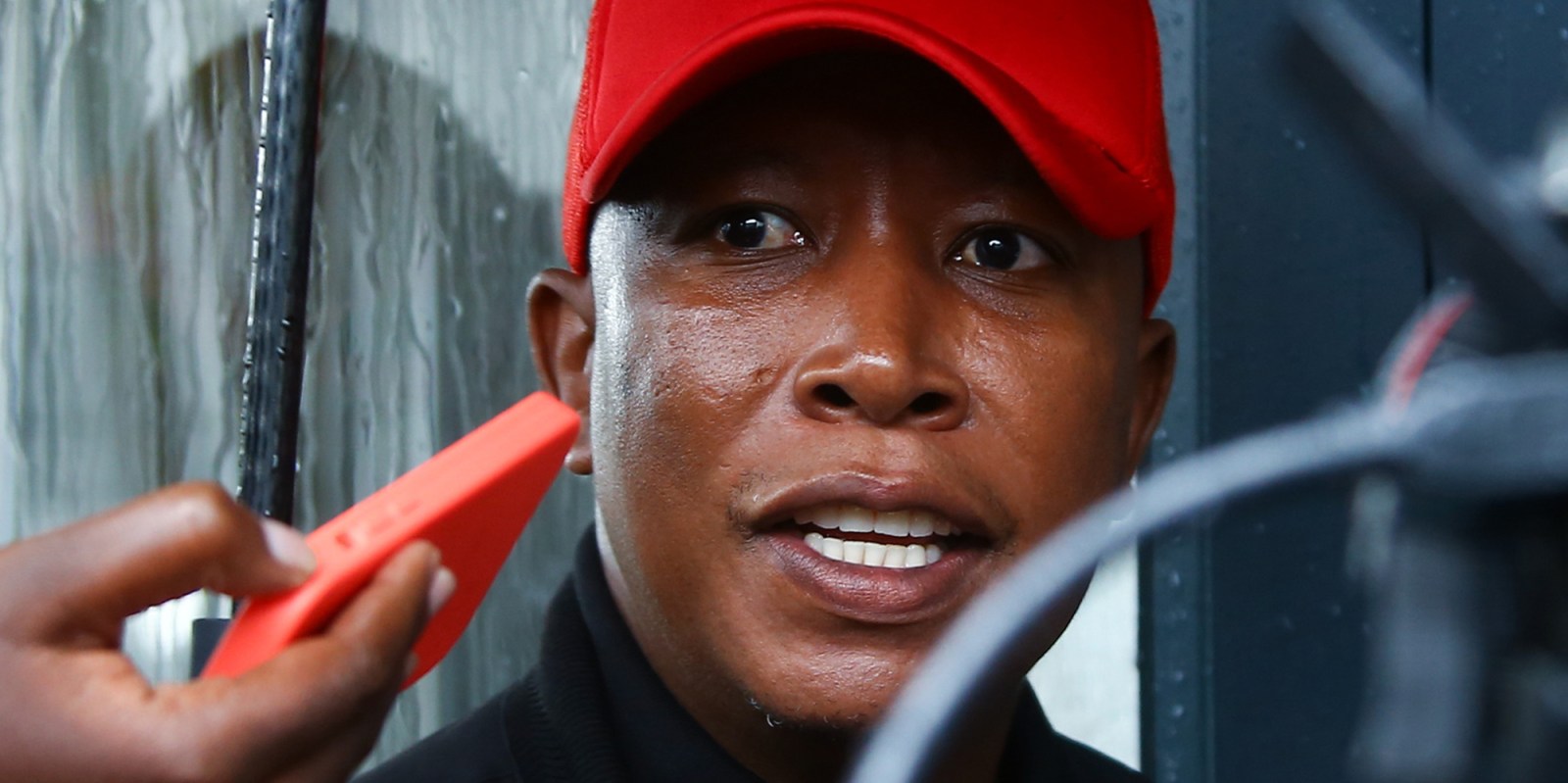
EFF CIC Julius Malema during Economic Freedom Fighters' visit to restaurants at Mall of Africa on January 19, 2022 in Midrand, South Africa. The purpose of the visit was to check and assess the employment ratio of locals and foreign nationals. (Photo: Gallo Images/Luba Lesolle)
23 Jan 2022 1
The Economic Freedom Fighters have recently come under fire for what appeared to be backtracking on their historically pro-immigrant political stance. Amid this principled confusion, how do the party’s most recent actions fair against their past?
EFF leader Julius Malema made the rounds on 19 January at the Mall of Africa to inspect the employee lists of various restaurants, apparently with the intention of assessing the ratio of foreign-born to local employees working at these establishments.
The action, accompanied by a call from Malema to hire more locals, prompted many to question whether the party had abandoned its previously established stance as a Pan-Africanist organisation that once called for the abolishment of South African borders.
Human Rights Watch reported in 2020 that xenophobic harassment and attacks against non-nationals in South Africa were widespread and committed by citizens, police and politicians alike. Looking at the EFF’s position on paper, their least populist political stance has been in their support for African immigrants and the condemnation of their subjugation.
During the party’s 2019 general elections manifesto launch, Malema envisioned a South Africa free of xenophobia in his address.
In that address that was resoundingly applauded by EFF members in attendance, Malema called for a borderless Africa. Zimbabwe, Mozambique, Botswana, the DRC is our home, he said.
“We were divided by those who imposed borders on us. Those borders were imposed on us by the colonisers. We are one people,” he said, telling his “fighters”, “let us not be too local, let us be international. We exist in a globe, let us not be too isolationist”.
In full Pan-Africanist mode, he went on to say, “Let’s stop xenophobia… let’s stop self-hate. If you attack others, you don’t love yourself.” He said, to loud cheers, that the resources of Africa should benefit Africans, and not “white people”.
“Any African, a Nigerian, a Ghanaian, all over. The pain of Africans is our pain,” he continued. He said Africans were suffering in the diaspora worldwide: “When they come back home, you still make them suffer. Why? What did those Africans do to you? Let us protect one another, let us love our continent. Let Africa one day realise its own freedom, let Africa one day stand on its own feet.”
The party’s physical manifesto does not actually make mention of combatting xenophobia, but it does highlight that xenophobia against Africans is on the rise in a section dedicated to the effects of landlessness.
In terms of actionable policy, that manifesto does not offer anything concrete. When it does mention the interests of ‘foreigners’, this writing, as with much of the EFF’s official policies, suffers from ambiguity as to the specific ‘foreigners’ in question.
For example, point seven under the ‘Land’ subsection of the ‘Commitment and Plan of Action’ section reads: “The EFF government will abolish foreign land ownership.” Point three under the ‘International Relations’ section reads: “The EFF government will lead a progressive programme to reject foreign and in particular Western domination of African economies.”
The distinction between foreigners from the African continent and foreigners from beyond is unclear. The former are relevant to the Pan-Africanist ideology that the party has espoused, the latter is relevant for the sovereignty from external, particularly Western, intervention that the party has demanded. Moreover, it is unclear where foreigners from the broader Global South and developing world fit into this stance.
In the party’s 2013 founding manifesto, point 59 reads: “It can never be correct that the state operates only with the “hope” that the still colonial and foreign-owned, and thus unpatriotic, private sector, in particular, will voluntarily underwrite the developmental agenda and pursue the agenda of job creation, poverty reduction and sustainable development with the same vigour that should define government.”
The interchangeable use of ‘foreign’ with ‘unpatriotic’ in this excerpt signals a problematic lack of clarity on this issue from the moment the party took its first steps. The pejorative tone of deeming that which is foreign as unpatriotic has the same undertones of a xenophobic mantra.
Ultimately, if the party is both pro-sovereignty and pro ‘United States of Africa’, it does not communicate effectively on paper.
At a press briefing on 26 October 2020, Malema called on employers to maintain a minimum of 60% South African staff. According to non-profit fact-checking organisation Africa Check, Malema’s remarks were conflated to mean that 40% of South African jobs should be allocated to African foreigners, when in fact it was more a suggestion for an employment floor that could very well be increased for South African workers.
While many found Malema’s recent trip to the Mall of Africa to be overstepping his political mandates and generally regarded it as a bullying tactic, the EFF backed up its actions as part of a mission to ensure that employed foreign nationals are not being exploited for their labour, at the expense of labour law regulations and South Africans obtaining employment.
This defence is generally in line with its blink-and-you’ll-miss-it stance in their 2021 Local Government Elections manifesto commitments to various municipalities.
In a brief point under the Musina Local Municipality in Limpopo section, point 19 reads: “The EFF Municipality will ensure that established businesses and farmers who still prefer to employ foreign nationals at lower wages are held accountable through applicable laws by 2022.” The list of general commitments outlined in the same year’s manifesto made no mention of foreigners.
It’s worth noting that the EFF has provided the closest thing to a definitive, mainstream pro-immigrant stance in the contemporary South African political landscape. Both the ANC and DA have largely reiterated commitments to tighter border control with broad stroke promises to crack down on illegal immigrants.
But the EFF’s most recent actions have clearly cast doubt on the cogency of their position on this issue. While it has largely maintained a welcoming attitude to foreigners, advocating for a majority South African workforce through aggressive inspections as a mechanism for minimising the exploitation of foreign workers seems misguided at best, and ironically xenophobic at worst.
When asked if he would like to provide clarity on this question, EFF spokesperson Vuyani Pambo tersely declined. “You’ll have to listen to our clips,” said Pambo. “We don’t talk to Daily Maverick.” DM






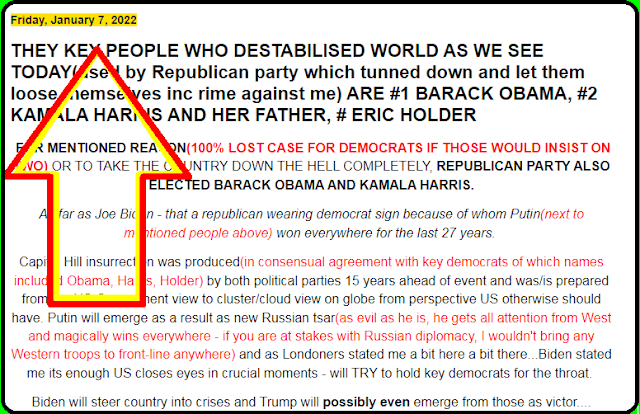

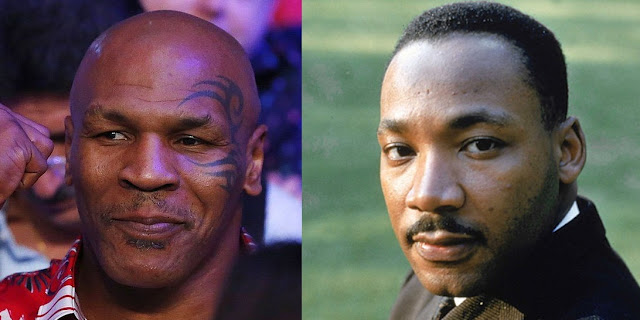
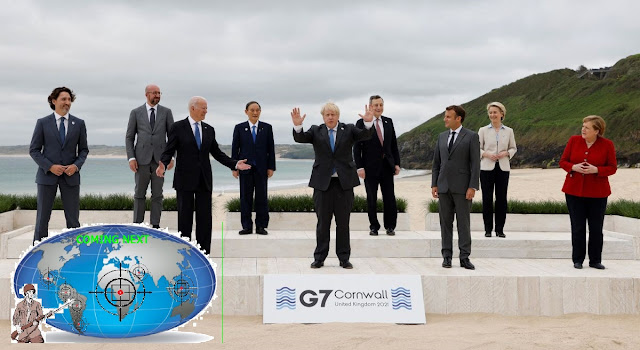

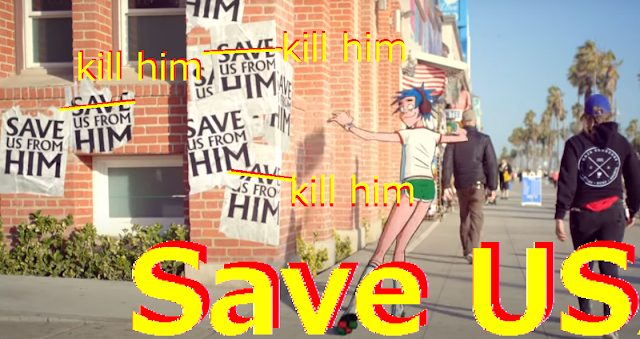



No comments:
Post a Comment